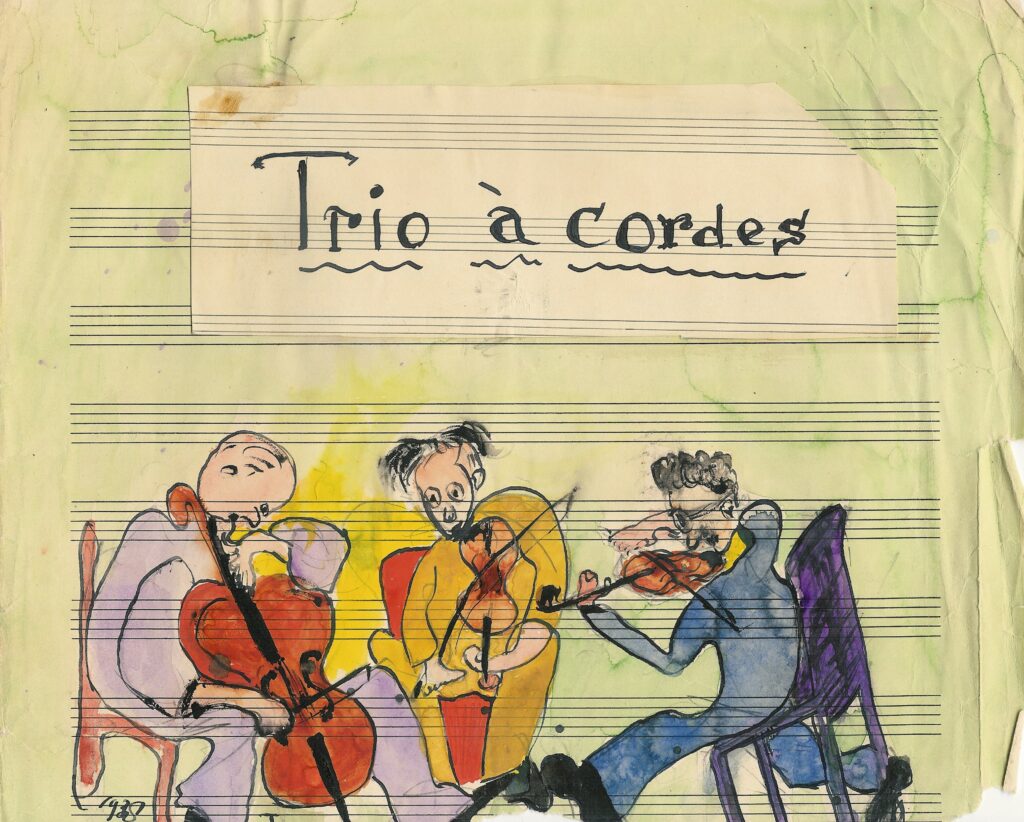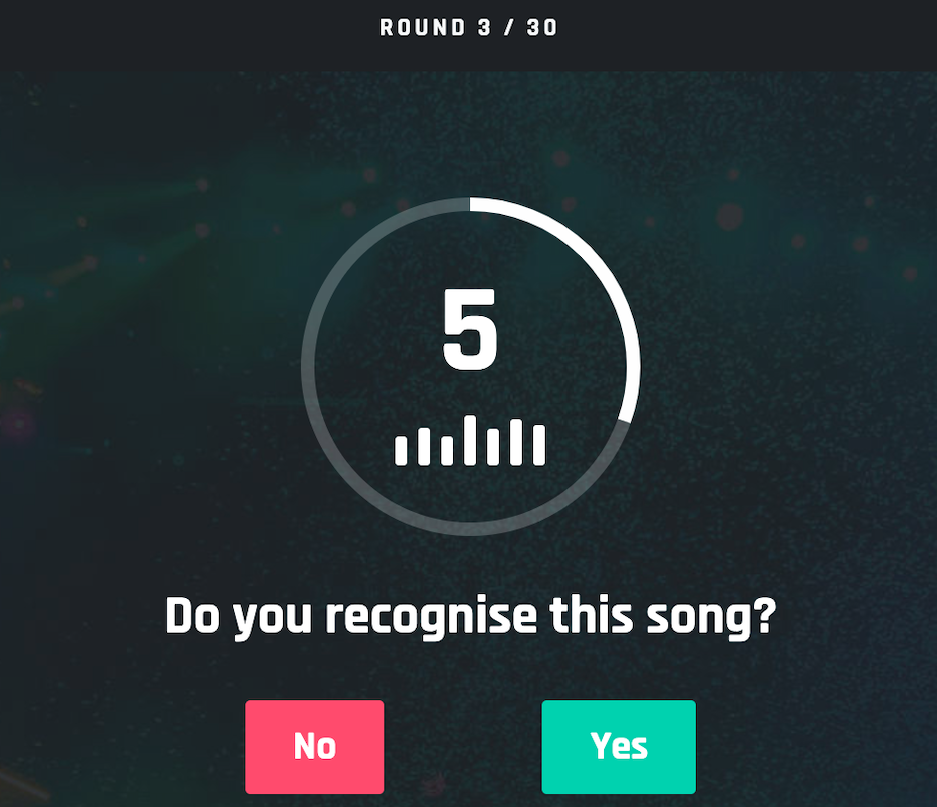We are pleased to welcome you to our upcoming CREATE Salon o Musical Databases.
Date: Thursday, 3rd of March, 2022
Time: 15:30 – 17:00 CET
Add it to your agenda: calendar invite
This will be a hybrid event:
Physical Location: 0.16, BG1, Turfdraagsterpad 9, 1012 XT Amsterdam
Virtual Location: zoom link
If you intend to be there in person (which would be lovely),
Please let us know by filling in this form.
Language: English
Chair: Fabian Moss, Cultural Data Science Fellow, DSC and CREATE, UvA
Post the salon, we will hop over to Kapitein Zeppos to continue conversations over drinks!
We look forward to seeing you!

The Forgotten Legacy of Composers in the Netherlands persecuted by the Nazis
Carine Alders | PhD Researcher, Amsterdam School of Cultural Analysis, UvA
World War II caused a disruption in Dutch music history. Lives of composers and musicians were brutally cut short or took a dramatic turn. Careers were broken or side-lined because composers had to go into hiding, were forced to leave their country, became traumatised or were murdered. For many years, no one looked back and composers sidelined by the Nazis were forgotten. On top of this, the modernistic perspective dominating the view on the recent past left its mark on Dutch music historiography. Music written by pre-war composers has long been labelled as conservative and old-fashioned. Music life in the interwar period is thought of as uneventful and lacking innovation.
With the help of Digital Humanities research methods, Carine Alders aims to uncover the vibrant music life of the 1920s and 1930s, and the roles and networks of composers now long forgotten and shed light on how this part of Dutch music history came to be forgotten or even misrepresented. In this presentation, she will explain her research methods and introduce the database on suppressed composers and their networks.

An Infrastructure for MUSic Related Citizen Science Listening Experiments (MUSCLE)
Berit Janssen | Scientific Developer, Amsterdam Music Lab, UvA
The MUSCLE project kicks off in March 2022: a team of frontend and backend developers, and a gamification expert will further develop the Amsterdam Music Lab into an open-source infrastructure for designing and replicating listening experiments, for wide use by music researchers in the Netherlands and worldwide. To achieve this, the project will look at the platform from different perspectives:
1) From the software engineer’s perspective, the main goals of the MUSCLE project are full modularisation and test coverage of the application, such that new experiments can be set up easily within the Amsterdam Music Lab infrastructure.
2) From a music researcher’s perspective, the application should also be flexible in accommodating new experiment types, e.g., research of audio-visual effects through video.
3) Finally, from a participant’s perspective, an online listening experiment should provide an engaging experience: attractive design and animations, as well as reward systems will ensure that citizens are intrinsically motivated to participate in music research experiments.
In this talk, Berit Janssen will introduce us to this infrastructure for MUSCLE.
